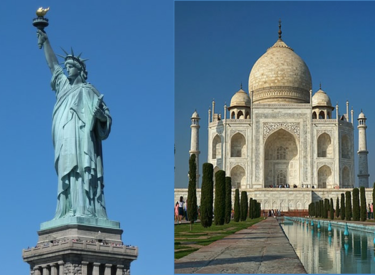Two Game Changers in Mediation
{3 minutes to read} Two enormous “game changer” mediation moments came back-to-back recently. Let’s start first with the local news. On May 14th, New York State’s Chief Judge Janet DiFiore and Chief Administrative Judge Lawrence K. Marks announced a systemwide initiative in which parties in civil cases will be referred to mediation as the first step in the litigation process.
This is a very big deal. While it won’t happen overnight, this will eventually establish New York as the nation’s leader in making mediation an essential component of dispute resolution in the courts. Hundreds of thousands of cases that previously would have cost gobs of money and taken years to resolve — with limited input from the actual parties — will now go to mediation and get resolved with direct input and participation from the parties, with far less financial and emotional cost.
Currently, mediation referral in New York relies upon the parties to affirmatively opt-in to mediation, or upon individual judges to refer parties to mediation. The new plan is to make mediation presumptive at the start of the litigation process, with cases automatically going to mediation, subject to appropriate opt-out limitations. The plan is very broad-based and includes essentially all civil cases — personal injury, matrimonial, estate matters, and commercial disputes. Cases will be directed to mediation from the onset of the matter, with the focus on court-sponsored mediation.
There’s the local news. But I know you’re wondering, “What’s going on in India?” I’m glad you asked.
On May 12th, just two days before the New York announcement, Justice Soumen Sen of the Calcutta High Court announced that recent amendments to the Commercial Courts Act “make mediation mandatory before filing suits.” He went on to say that, “Mediation is the cheaper and faster method of dispute resolution. Mediation leads to certainty” that court proceedings and arbitration cannot. You can read all about it here: Mediation Route to Resolve Disputes.
So word is getting around, apparently, and while much of the world these days appears in disarray, with people at loggerheads over critical political, social, and economic matters, in some quarters important progress is being made in creating a fairer and more expeditious method of dispute resolution. None of these systems will be implemented overnight, but they will happen. And once people know they must mediate before a case can proceed, they will in some instances begin mediating even before filing actions in court.
We cannot know yet how far-reaching the effects of these changes will be. But wars have been fought when people couldn’t figure out how to resolve disputes, only to find that — after much destruction and death — the end point was essentially a mediated resolution that, with some deft handling, might have been achieved much earlier on. Are these recent announcements small steps toward world peace? Maybe not, but they could be large steps in helping resolve smaller-scale conflicts that otherwise might have lingered longer and created more havoc than necessary. Pretty good stuff.
 |
Gary Shaffer Shaffer MediationGary@ShafferMediation.com |

